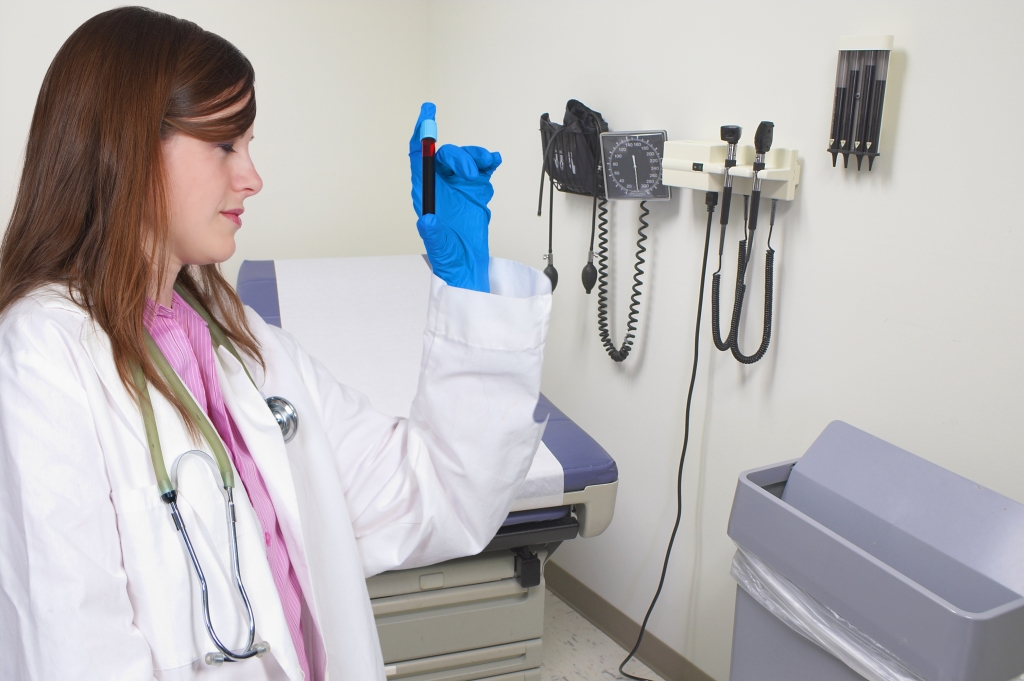Meta Title: Understanding Phlebotomy Technician Duties: A Comprehensive Guide
Meta Description: Learn about the important responsibilities and duties of a phlebotomy technician in this informative article. Discover the skills required, the day-to-day tasks involved, and the significance of their role in the healthcare industry.
Introduction:
Phlebotomy technicians play a crucial role in the healthcare industry by collecting blood samples from patients for various medical tests and procedures. Their responsibilities go beyond simply drawing blood, as they must also ensure proper labeling, storage, and transportation of samples to maintain accuracy and integrity. In this comprehensive guide, we will delve into the duties of a phlebotomy technician, the skills required for the job, and the significance of their role in the medical field.
Phlebotomy Technician Duties:
1. Patient Interaction:
Phlebotomy technicians are often the first point of contact for patients when they come in for blood work. As such, they must possess excellent communication skills and be able to put patients at ease during the blood collection process. Building rapport and trust with patients is essential to ensure a successful blood draw.
2. Collecting Blood Samples:
The primary duty of a phlebotomy technician is to collect blood samples from patients for various medical tests, transfusions, or donations. They must follow strict procedures to ensure the safety and comfort of the patient while obtaining a high-quality blood sample. This includes selecting appropriate veins, using proper techniques for venipuncture, and handling specimens correctly.
3. Labeling and Processing Samples:
After collecting blood samples, phlebotomy technicians are responsible for labeling the tubes accurately with patient information and other details such as the date and time of collection. They must ensure that all samples are properly processed and transported to the laboratory for analysis without any errors or contamination.
4. Maintaining Equipment and Supplies:
Phlebotomy technicians are in charge of maintaining clean and sterile equipment, such as needles, syringes, and collection tubes, to prevent infections and ensure patient safety. They must also restock supplies as needed and dispose of used materials properly according to established protocols.
5. Data Entry and Record-Keeping:
In addition to performing blood draws, phlebotomy technicians are often tasked with entering patient information and test results into electronic health records (EHR) systems. Accurate documentation is crucial for tracking patient care, maintaining records, and ensuring proper follow-up if needed.
6. Adhering to Safety Protocols:
Phlebotomy technicians must follow strict safety protocols and infection control measures to protect themselves, patients, and others in the healthcare setting. This includes using personal protective equipment (PPE), practicing hand hygiene, and disposing of biohazardous waste appropriately.
Skills Required:
– Strong attention to detail
- Excellent communication and interpersonal skills
– Ability to work efficiently under pressure
– Knowledge of medical terminology and anatomy
– Familiarity with venipuncture techniques and best practices
- Proficiency in using electronic health records (EHR) systems
– Commitment to patient confidentiality and privacy
Significance of Phlebotomy Technicians:
Phlebotomy technicians play a vital role in the healthcare industry by ensuring the accuracy and reliability of blood samples collected for diagnostic purposes. Their work is essential for diagnosing, monitoring, and treating various medical conditions, as blood tests provide valuable information to healthcare providers. By upholding high standards of practice and professionalism, phlebotomy technicians help maintain the integrity of the healthcare system and contribute to the overall well-being of patients.
Conclusion:
phlebotomy technicians perform a wide range of duties that are essential for the proper collection and handling of blood samples in healthcare settings. Their expertise and attention to detail are crucial for ensuring the accuracy of diagnostic tests and the quality of patient care. By following established protocols, maintaining safety standards, and upholding professional ethics, phlebotomy technicians play a key role in supporting the healthcare team and improving patient outcomes. If you are considering a career in phlebotomy, be sure to cultivate the necessary skills and knowledge to excel in this rewarding and impactful profession.
